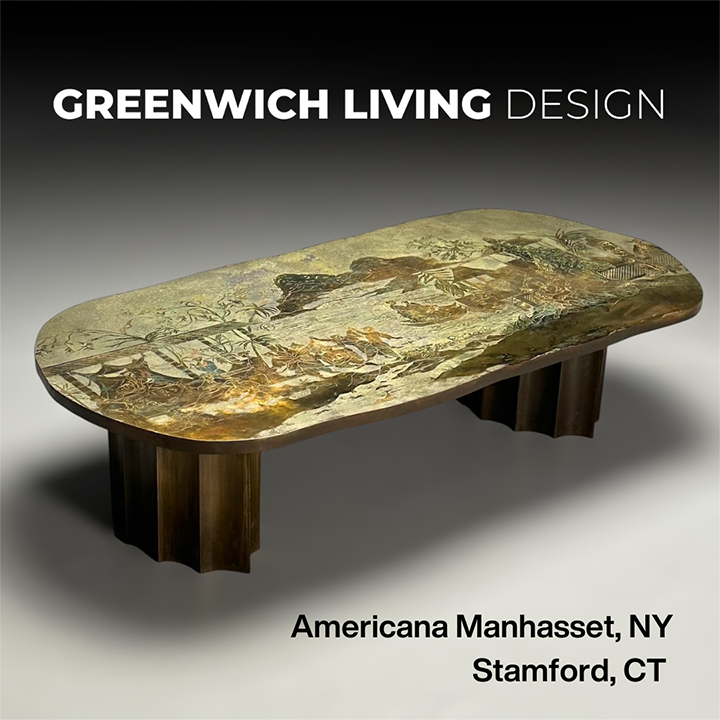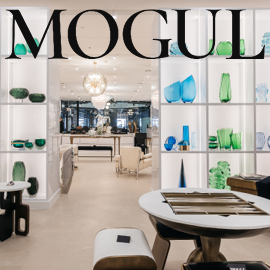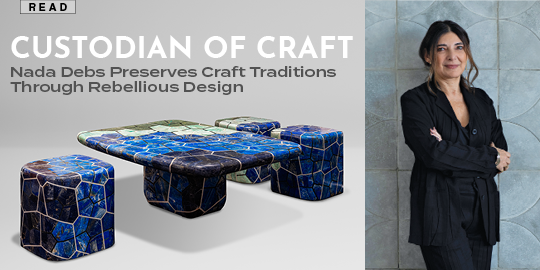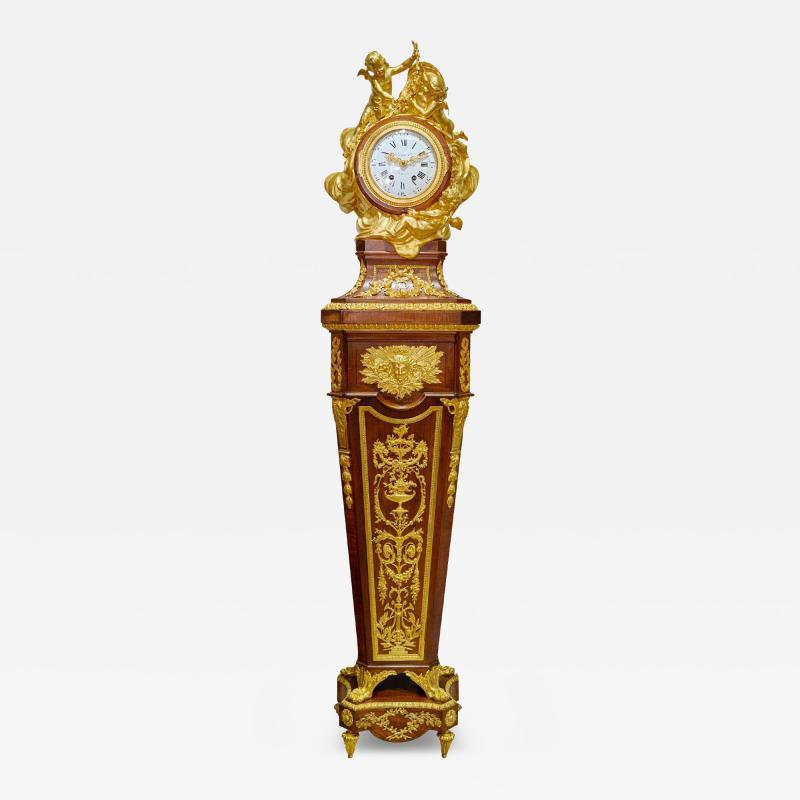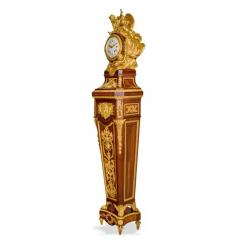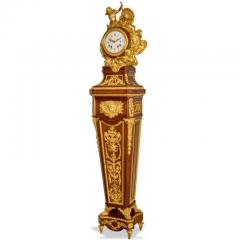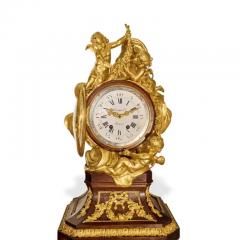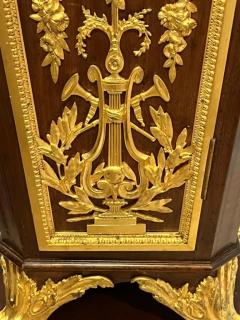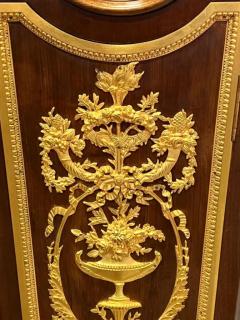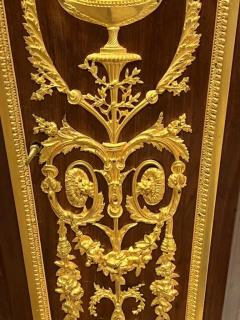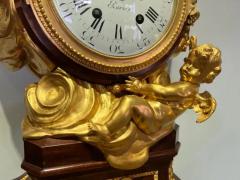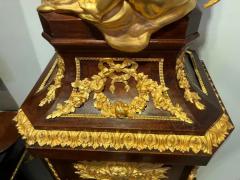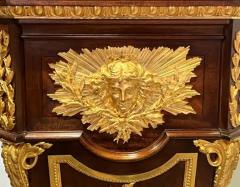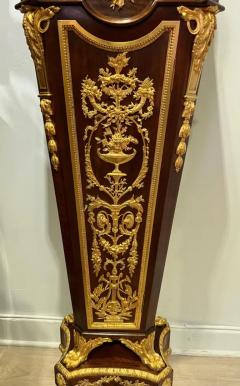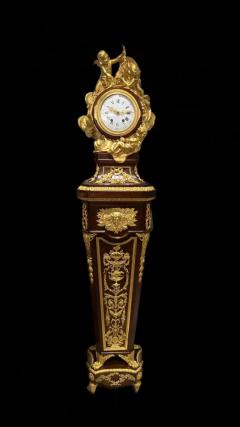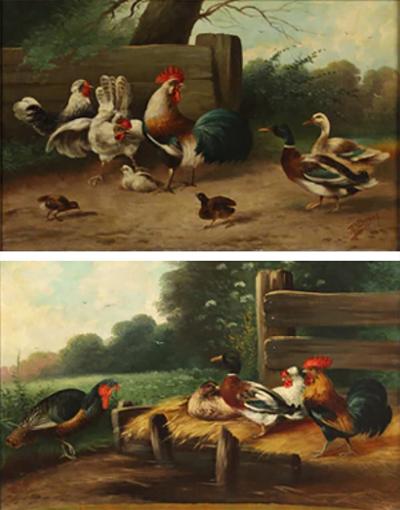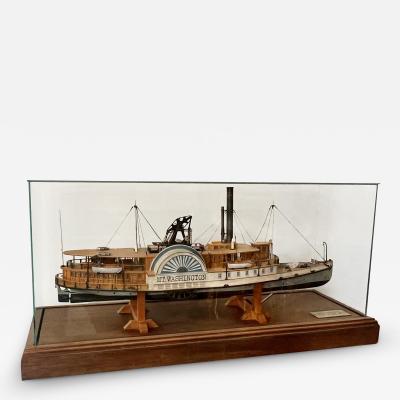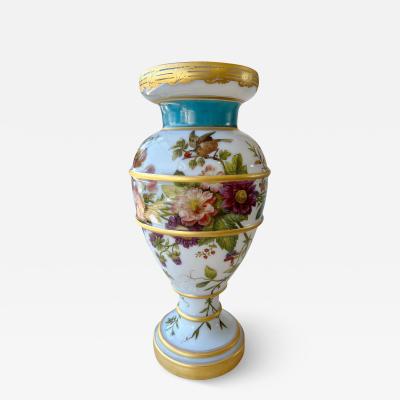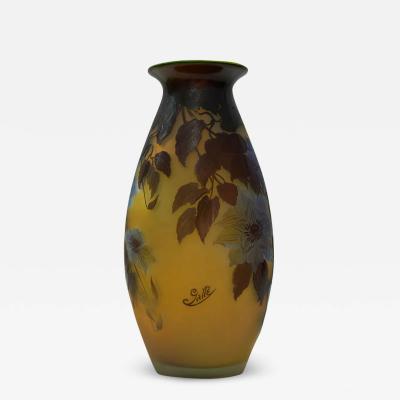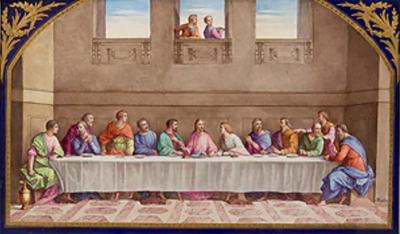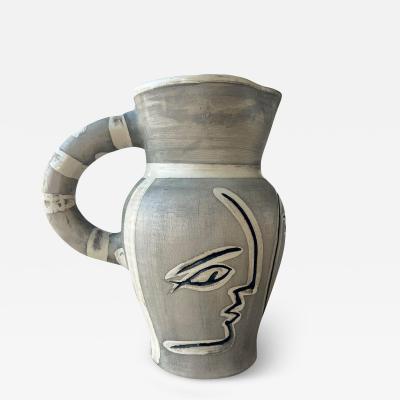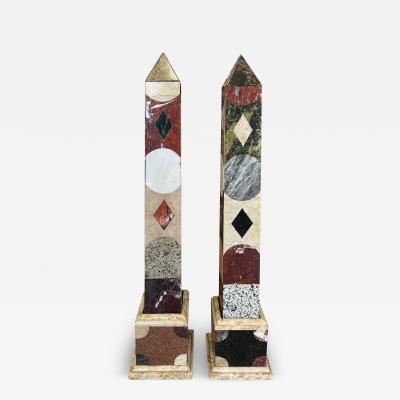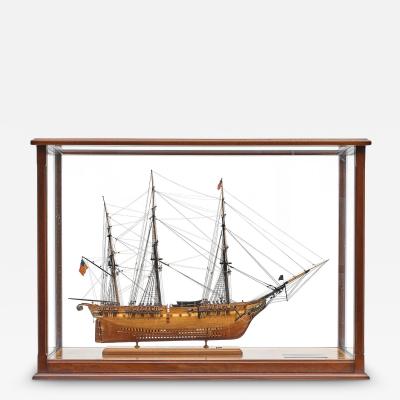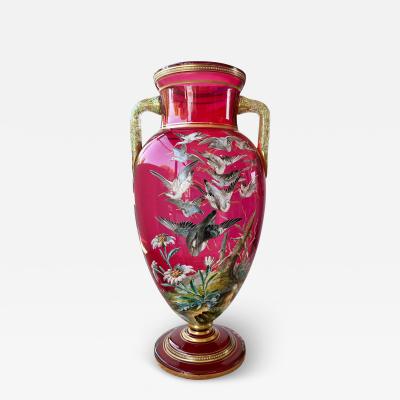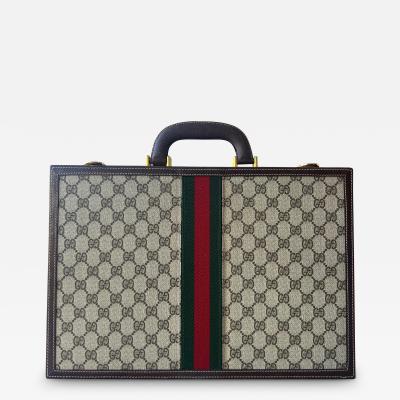A superb quality 19th century French Louis XV Style Ormolu Mounted Mahogany and King-wood Parquetry "Re´gulateur de Parquet" Grandfather longcase Clock by Haentges Freres.
The drum case mounted with playful putti with garlands of flowers amidst billowing clouds, the tapered trunk with sun mask and urn, flower and lyre mounts, the sides with parquetry panels, hairy paw feet, the integral concave-sided plinth on toupie feet.
The dial signed: Haentges Fres A Paris
circa 1880
Height: 92" (233.6 cm)
Width: 20" (50.8 cm)
Depth: 13" (33 cm)
The present re´gulateur de parquet is a copy of the model by Jean-Henri Riesener (rec¸u Mai^tre en 1768), executed in 1785, and now in the permanent collection of the Muse´e du Louvre. This was one of the most popular of the eighteenth century models admired and copied by the finest cabinetmakers of the late nineteenth century.
Haentges Frères were a celebrated firm of bronziers and cabinet-makers working in Paris in the last quarter of the nineteenth and the beginning of the twentieth centuries. Their style was primarily influenced by Louis XV and Louis XVI designs although they later developed a more reductive Art Deco approach during the first few decades of the twentieth century. Denise LeDoux-Lebard lists Haentges Frères as being located at 9, Immeubles Industriels from 1883 and later at 6, rue Titon.
Jean-Henri Riesener, (born July 4, 1734, Gladbeck, Münster [Germany]—died Jan. 6, 1806, Paris, France), the best-known cabinet maker in France during the reign of Louis XVI. Riesener was the son of an usher in the law courts of the elector of Cologne. After moving to Paris he joined the workshop of Jean-François Oeben in 1754, and, when Oeben died in 1763, Riesener was put in charge of the workshop and later married his master’s widow. He made his name by completing and delivering to Louis XV the famous bureau du roi (“king’s desk”), begun by Oeben. In 1774 he was made royal cabinetmaker and from then onward was the regular supplier of furniture to the queen, Marie-Antoinette. Although he was one of the most versatile of cabinetmakers, his services were in little demand during the French Revolutionary period because of his political status.




